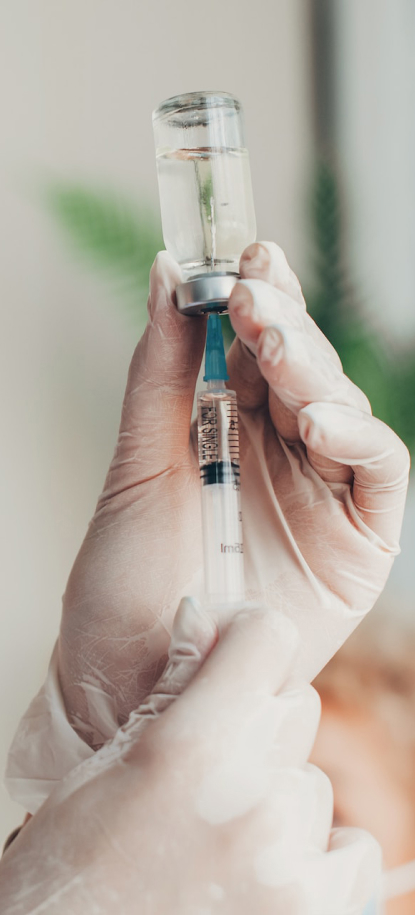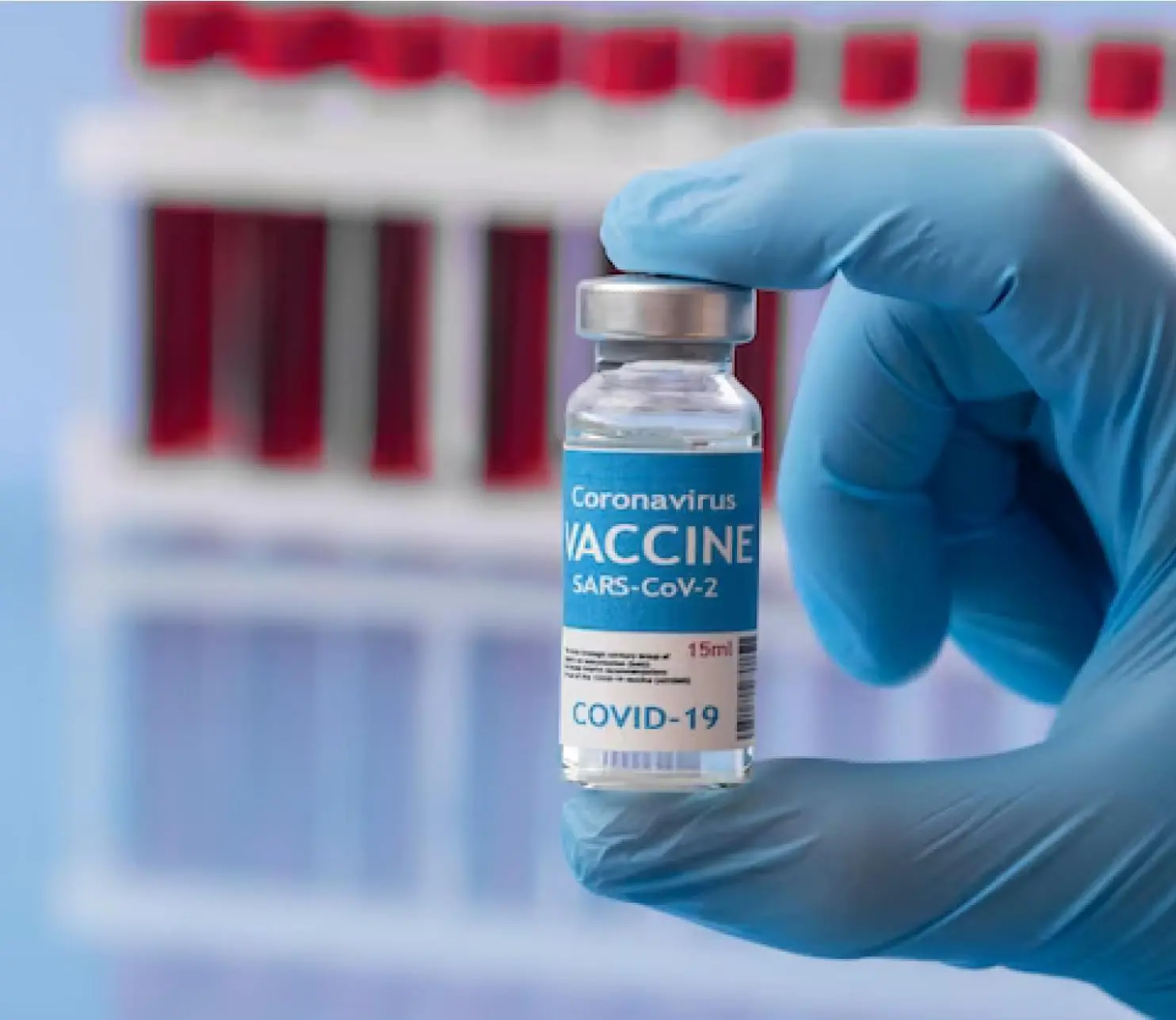




Quick Links:

The COVID-19 vaccine is highly recommended by medical professionals and public health officials worldwide as the most effective, safe and proven way to build protection against COVID-19 infection, individually and in the interest of public health for the community.
Vaccination is critical to keeping our community safe moving forward. Therefore, it is recommended everyone in KAUST aged 12 years and older should receive all doses of their KSA-approved COVID-19 vaccine.
Tawakkalna is the official COVID-19 application in the Kingdom of Saudi Arabia to prevent the spread of the COVID-19 virus and is developed by the Saudi Data and Artificial Intelligence Authority (SDAIA). If you require a COVID-19 vaccination, please use the Tawakkalna app to book your appointment.
COVID-19 vaccines are scientifically proven to help our bodies develop immunity to the virus that causes COVID-19 without us having to get the illness. COVID-19 vaccines are proven to elicit protective immunity in the vast majority of vaccinated individuals.
No vaccine is 100% effective, and other preventive measures, like mask-wearing and physical-distancing, will have to continue to manage the pandemic
However, vaccination stands out from these other preventatives, where effectiveness depends on compliance. In contrast to these other measures, overall effectiveness of vaccines combines several ever-present benefits:
a vaccinated person has a greatly reduced risk for developing COVID-19 (and a close-to-zero risk for severe disease and death), is less likely to have asymptomatic infection, and has a decreased chance of transmitting the virus even if acquiring infection.

COVID-19 vaccines are scientifically proven to help our bodies develop immunity to the virus that causes COVID-19 without us having to get the illness. COVID-19 vaccines are proven to elicit protective immunity in the vast majority of vaccinated individuals.
Overwhelming evidence suggests that COVID-19 vaccination programs substantially reduce the burden of the disease by preventing illness in fully vaccinated people and interrupting chains of transmission. In addition, the risk of infection among susceptible individuals in a population is reduced by the presence and proximity of immune individuals. This is sometimes referred to as indirect protection or herd immunity.
Many examples of successful vaccination programs illustrate how the direct effect of immunity (i.e. vaccine uptake) in reducing infection or infectiousness in certain individuals can decrease the risk of infection among those who remain susceptible in the population. This is particularly important in the current context of COVID-19 vaccination programs, when only adults and adolescents are eligible to take the vaccine.
While children will not be vaccinated, maximum vaccination coverage of all eligible individuals will protect children from getting the disease. The protection of others, like immunocompromised individuals who might not have full benefits of the vaccine, will also be increased.


When considering the percent of population vaccinated needed to achieve herd immunity, the globally regarded 70% level refers to the situation in a population when the reproduction number of an infectious agent reduces from around 3 to less than 1, which is one estimate for the virus that causes COVID-19
(some studies estimate SARS-CoV-2 basic reproduction number to be higher than 3, requiring higher percentage of immune individuals in the population). It means that in these conditions virus transmission can still occur at an endemic level, but will not cause exponential growth of cases as in epidemic or pandemic.
Therefore, if the goal of the vaccination program is to bring the COVID-19 pandemic to a maximum halt, then vaccination levels much higher than 70% are required. Furthermore, when considering herd immunity, percent immune is calculated among all individuals.
Even with 100% coverage of those above 5 years old, overall level of vaccinated population would not be 100% (and even slightly less for the immune population since vaccines are not 100% effective), which emphasizes the target of full vaccination of eligible population.
The vaccine may have additional benefits at KAUST and in Saudi Arabia. While the low numbers of infections at KAUST and in Saudi Arabia is good news, it means that there are a smaller number of people who have natural immunity to the disease.
Other countries where the prevalence of COVID-19 is higher means that even a lower vaccination rate in those countries can lead to herd immunity due to the large numbers of prior infections.
Because of the low prevalence of the disease at KAUST and in Saudi Arabia, the vaccination rate will need to be higher to get to herd immunity. This highlights the importance of the maximum coverage of the vaccination programs in KAUST and Saudi Arabia.
